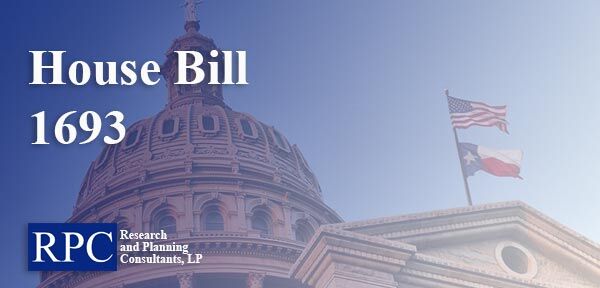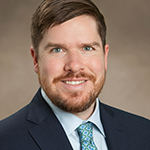Author
By: Brian Piper, PhD
The 86th regular session of the Texas Legislature passed House Bill 1693, An Act relating to affidavits concerning cost and necessity of services (See the full text here). This act, signed into law by Governor Greg Abbott, makes important changes to the Civil Practice and Remedies Code, Section 18.001.
What is Texas Civil Practice and Remedies Code §18.001?
Texas Civil Practice and Remedies Code §18.001 is a hearsay exception which allows plaintiffs to present evidence of the reasonableness and necessity of past medical expenses without having to pay an expert to testify. It has the added effect of preventing challenges to the reasonableness of charges for services or the medical necessity of services unless the defendant files a timely counter-affidavit. It has significantly limited defense challenges of past medical expenses in personal injury cases.
How has §18.001 worked to date?
- The plaintiff timely files an affidavit by the provider of record or a records custodian for the claim(s) stating that the services provided were necessary and that the charges were reasonable.
- To challenge the claim, defendant must file a counter-affidavit from a qualified expert within thirty (30) days of the affidavit contesting the reasonableness of the charges, the medical necessity of the services, or both.
- An uncontroverted affidavit is sufficient evidence to support a finding that the charges were reasonable and the service was necessary. If there is no timely filed counter-affidavit, the defendant cannot introduce evidence at trial contesting the claim on those grounds.
To find out how HB 1693 changes §18.001, read more.
How does HB 1693 change §18.001?
House Bill 1693 makes these changes, for affidavits filed beginning September 1, 2019:
- The deadline to file affidavits is set as the earlier of 90 days from defendant’s answer or plaintiff’s expert designation deadline (the previous deadline was 14 days before the evidence was presented at trial)
- The deadline to file controverting affidavits is extended to the earlier of 120 days from defendant’s answer or defendant’s expert designation deadline
- Neither affidavits nor controverting affidavits may be used to support or challenge whether service were needed because of the alleged tort (causation).
- If continuing services are provided after a relevant deadline, the plaintiff may supplement an affidavit to include the additional services through the 60th day before the trial commences. The defense may supplement counter-affidavits until the 30th day before trial commences.
With §18.001, no expert is needed to file affidavits. Plaintiffs sometimes filed affidavits so early in the case that defendants had not retained experts and were unable to file counter-affidavits timely. The extended deadlines under HB 1693 give the defense more time to retain experts and decide whether to file controverting affidavits. The legislation should allow defendants to challenge more claims for past medical expenses.
Qualified Experts for Counter-affidavits
Plaintiffs have often tried to exclude counter-affidavits on reasonableness of charges when the defense expert was not a physician. Recent court decisions in Saucedo v. Brown and Gunn v. McCoy have made it clear that an expert need not be a clinician to controvert the reasonableness of medical charges. RPC has economists to prepares affidavits controverting reasonable charges and clinicians to prepare affidavits controverting medical necessity.
To discuss these recent developments or for a free consultation, please contact us at:
512.371.8000 | www.rpcconsulting.com | info@rpcconsulting.com


